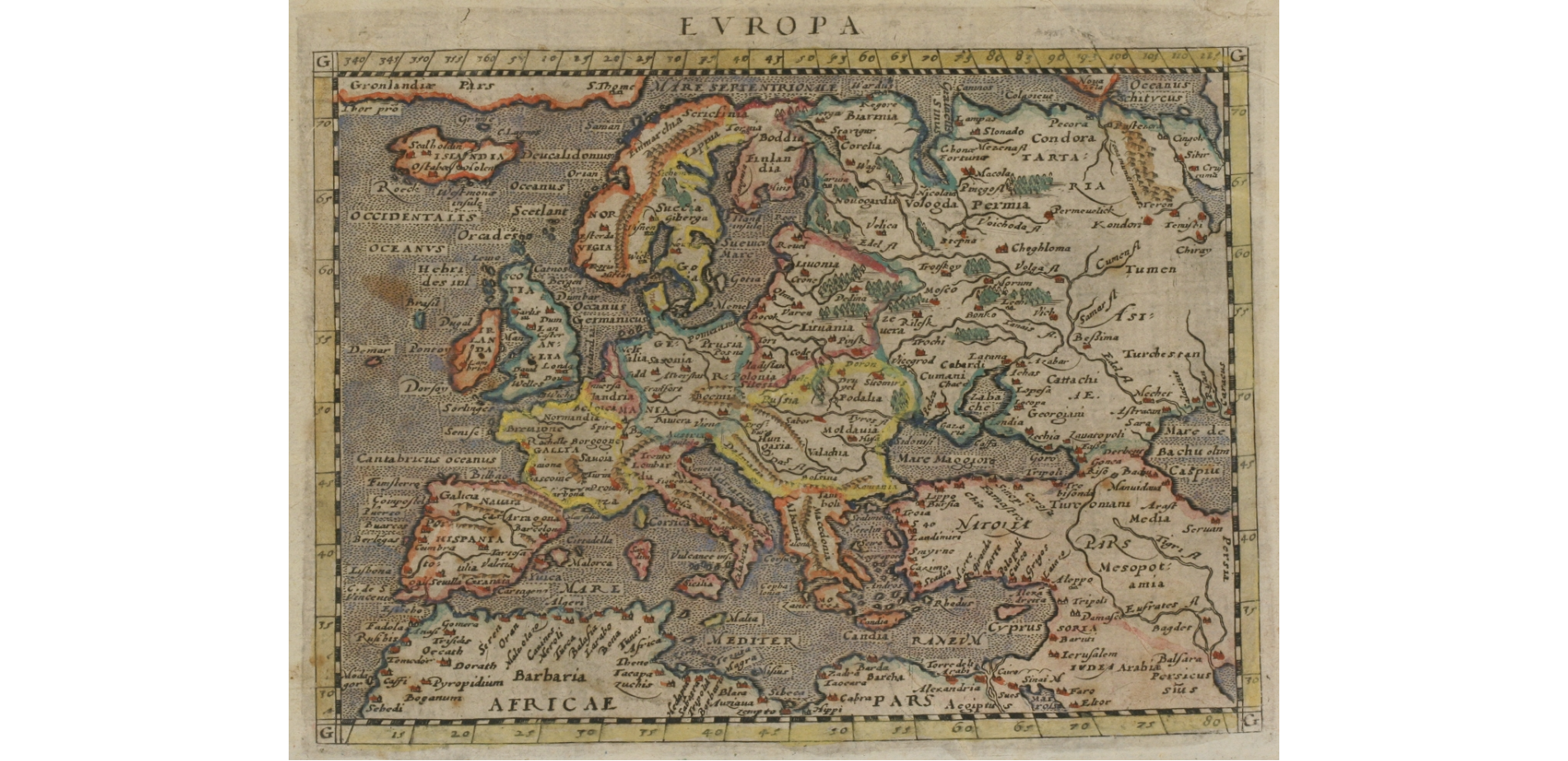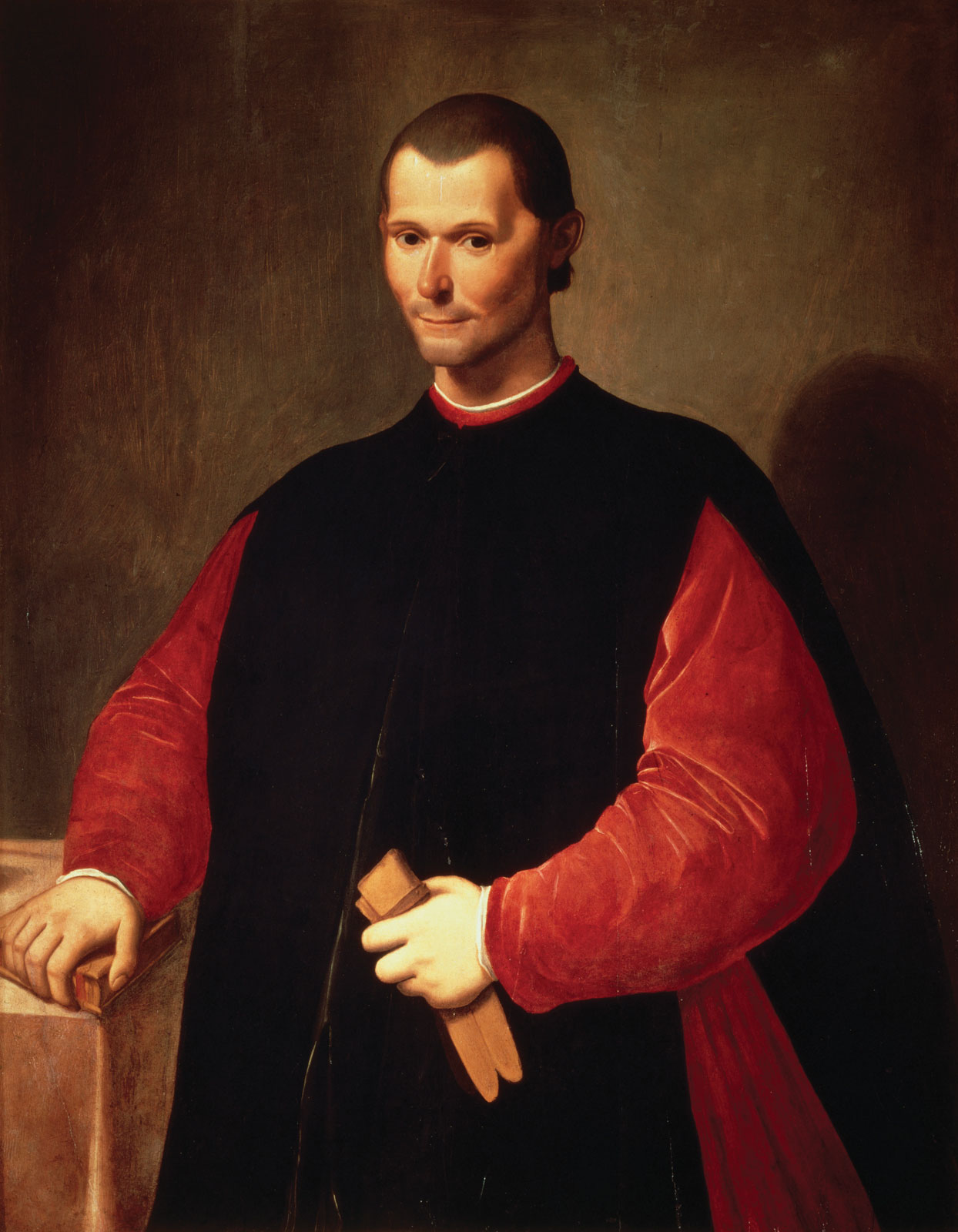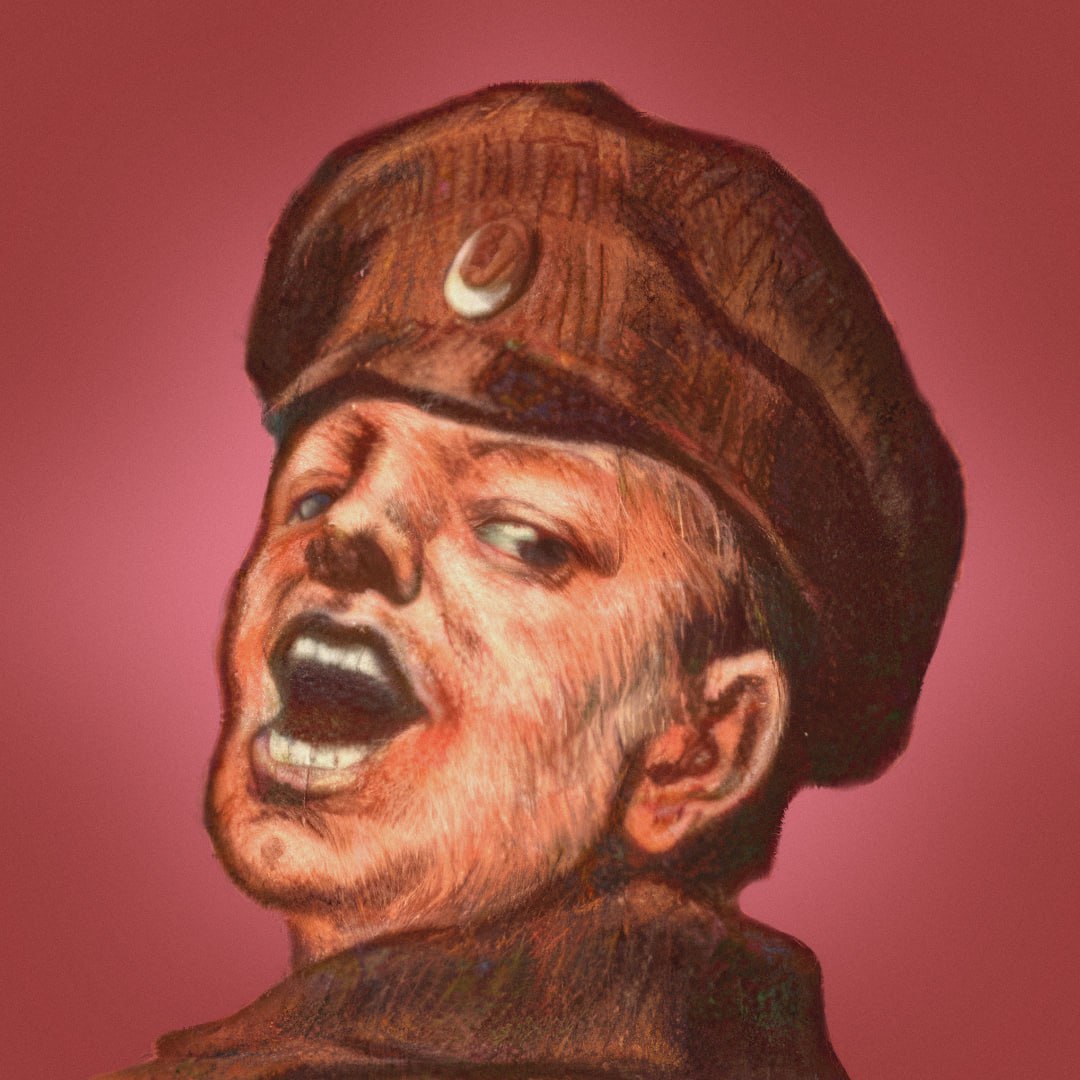State: History of the Concept
In his article, historian Said Zalyaev examines how during the Modern Era in Western Europe, the meaning of the concept "state" transformed from a statement of a ruler's effectiveness to the definition of an abstract political entity with territory and population. Additionally, the author traces the history of the Russian-language concept of "state" and compares it with Western European counterparts.
09.07.2025
Today, it is almost impossible to imagine a world without states. From school days, we are instilled with the notion that the entire history of humanity is a series of rises and falls of great powers. After Greece rose Rome, after the Sassanids came the Arab Caliphate, luxurious Italy was overshadowed by Spain, and "God-given" France by industrial Britain.
The main problem with all these reflections on the past is the modern notion of the state as an autonomous apparatus of governance, separate from the personality of the ruler, with a clear distinction between legislative and executive powers, a bureaucratic base, the primacy of sovereignty, and state interest.
In reality, the impersonal state ("state") is a very young and extremely original product of the intellectual labor of a vast number of political theorists of the Modern Age. Deriving from the Latin word "status," "state" had a large number of contextual connotations and semantic meanings. For example, in the Middle Ages, it was common to use the word "state" (or "estate") to indicate a special connection between the ruler's condition and the effectiveness of his rule. The special status of the ruler ("status regni" or "status rei publicae") endowed him with the property of greatness ("stateliness"), which allowed him to wield commanding power over his land. It is no coincidence that the central figure of the English medieval epic was King Arthur, the personified manifestation of the state.

Already in the High Middle Ages, an important obligation for any ruler was formed, such as caring for the general prosperity of the territory under his control. At its core, this is still a Roman ideal, which originates from the Digests and the Code of Justinian.
During the Renaissance, Italians rediscovered the thinkers of Ancient Rome, which led to the application of their teachings to self-governing city-republics. The rise in the authority of Roman texts is closely linked to the strengthening of the state apparatus in Europe. Between 1450 and 1700, publications of Roman historians significantly outnumbered those of their Greek predecessors.
All this led to the emergence of a genre of instructive literature for rulers known as "mirrors for princes" or "princely mirrors," named mirrors – "specula," due to the necessity of "imitating" the image of the ideal ruler. The examples of prudent and just governance provided by the teachers of rulers expanded the meaning of the word "status" towards an impersonal political body.
The most famous and representative mirror of that time was Machiavelli's work "The Prince" ("Il Principe"), where there was a sharp turn towards the analysis of state institutions through which the ruler enforced organization and maintained order. For this reason, Machiavelli spoke of state affairs as a special art of governance. At the same time, he asserted a certain "impersonality" of the state, speaking of the existence of several forms of governance through which "establishment of power" ("stati") occurs – these are monarchies ("principati") and republics ("repubbliche"). However, the state was still perceived as a kind of non-autonomous inherited or seized thing, in the hands of the ruler.

Only the development of political philosophy in the late 16th – early 17th centuries led to the concepts of "state," "estate," "status" gradually merging and being conceived as a separate political body that includes the population, territory, and possible ruler. It was this independence that the first critic of Roman law and the founder of the theory of sovereignty, Jean Bodin, characterized with the words "state in itself" ("l’estat en soi").
At the same time, in the first half of the 17th century, several pivotal events occurred that affected the general perception of the essence of the state.
By the 1640s, the conflict brewing in England between Parliament and the King erupted into a full-fledged Civil War. Since, from the perspective of Roman law, any disobedience by a subject made him a traitor, the parliamentary opposition had to develop a new system of argumentation, changing the very principle of treason. According to the Grand Remonstrance, war against the king was not treason if it was waged against the king-as-a-person, not against the king-as-the-state:
"Since he is the king, treason against the kingdom is committed more against the king than against his person, and because he is the king, the treason is not treason if it is committed against him as a man, not against the man as king…".
Naturally, such judgments were possible only in England, where the most favorable legal conditions for such a revolutionary step had developed. Thus, even Henry VIII recognized that the Royal Status ("Estate") is never as high as during a session of Parliament, where agents merge into a single political body ("body politic").

Thus, the new interpretation of treason developed by parliamentarians allowed them not only to avoid punishment but also to interpret the very essence of the state in a completely different way. It was under the banner of internal conflicts that the English Enlightenment began, which laid the foundation for the emergence of political philosophy studying not rulers, but states.
Simultaneously, in 1648, at the end of the Thirty Years' War, the extremely revolutionary Westphalian system of the first international law was established. The principles of sovereign states, the distinction between internal and external policies, the equality of rulers and governing bodies, and the dictate of state interest, which still prevail today, were born as a result of this bloody war of European powers.
Finally, having briefly reviewed this fascinating evolution of the concept of "state" in Europe, it is appropriate to ask: "How then to translate 'state' into Russian?" In fact, the overwhelming majority of Russian translators throughout the 18th century could not find an equivalent for the concept of an impersonal state. Thus, during the mass printing of Western literature under Peter I, it was necessary to directly calque the German word "staat." At that time, through the expansion of the political vocabulary, positions such as the state office college, state secretary, state councilor, etc., were introduced.
The very meaning of the word "state" as derived from the word "sovereign" implied the property of dominion over the subjects of one's territory. It can even be said that for the Russian word "state," a relevant translation would be the Latin "dominatio," not "state." A special role in strengthening this meaning was played by the title of Ivan III as "autocrat," which by the 16th century had two main meanings: firstly, an independent ruler in affairs (meaning from other states), and secondly, "a ruler unlimited by anyone but God" (in the sense of "holding the state in one hand"). The latter principle was well characterized by Ivan the Terrible in his correspondence with Prince Kurbsky: "...to hold my kingdom in my hand, and not to let my servants rule."
Thus, for any contemporary, the "state" was inextricably linked with the sacred person of the sovereign, his power, and lands. For this reason, any discussions about the possible emergence of a proto-parliament in Russia in the form of the Zemsky Sobor of 1613 seem absurd, as any political actions were possible only after the election of the anointed to the throne. The characteristic perception of state power is eloquently demonstrated by the moment of negotiations between the representatives of Tsar Michael and Prince Vladislav during the latter's campaign against Moscow in 1617–1618. To the words of the Polish negotiator that the prince would teach the Russian people "how to honor freedom" and he himself "would judge only according to law," the Moscow negotiator replied that they did not wish for Polish liberties and freedom, as they already had their own rights and customs, which were no worse than the Polish ones.

As mentioned above, the first unsuccessful attempts to adapt the concept of "state" began under Peter I. The main difficulty in adapting such a concept was that European political notions did not correspond well to the legal and political culture of Russian society. It is enough to say that until the end of the 18th century, such a fundamental concept as "politics" was primarily thought of as the art of dealing with people ("Courtesy, knowledge of how to deal with people") and only secondarily as the science of governance.
The import of a large amount of Western literature under Peter I led to the characteristic "blind translation" of unknown concepts, still typical of the 17th century. Thus, in the translation of Hugo Grotius's works, the term "potestas civilis" ("state/civil power") turned into "civil domain," and "civitas" ("a collective of citizens bound by a common agreement") into "city."
Gradually, by the time of Empress Elizabeth Petrovna, translators began to explain and systematically incorporate unknown ideas into the Russian intellectual environment. For example, in the translations of Simon Kochanovsky, depending on the meaning and context of use, the word "civitas" was translated as "city," "state," "kingdom," or "commonwealth." The increased understanding of the essence of the political body ("state," "staat") and its community ("nation," "volk," "people") is eloquently indicated by the increased frequency of such words as "state," "power," "civil society," etc. For example, translator Cesare Beccaria, to emphasize the special connection between the individual and the nation, translated the term "nation" as "fatherland" ("Genie de la nation" – "spirit of my Fatherland").
Thus, although the understanding of the essence of state power in Russia differed significantly from the Western one, the development and complication of the conceptual apparatus in the 18th century led to a rapid transformation of Russian society as such. Russian translators, over a century of unsuccessful attempts to translate the concepts of "state" and "staat," settled on the traditional word "state." By changing the content and meaning of the term and assimilating the translated republican tradition, Russian intellectuals from the late 18th century "armed" themselves with new ideas either to express dissatisfaction or, conversely, to manifest loyalty to state power.
